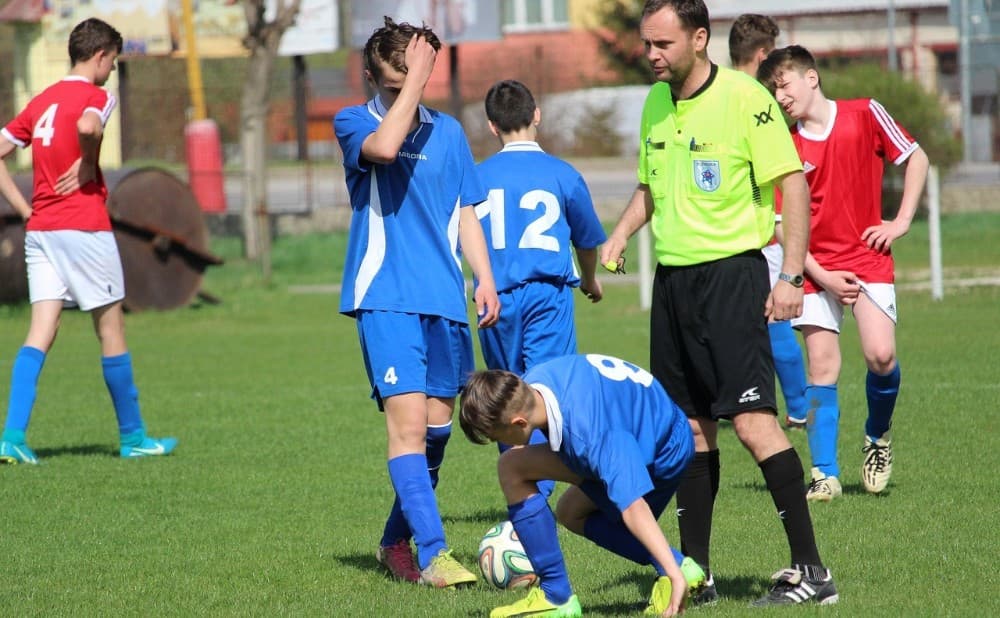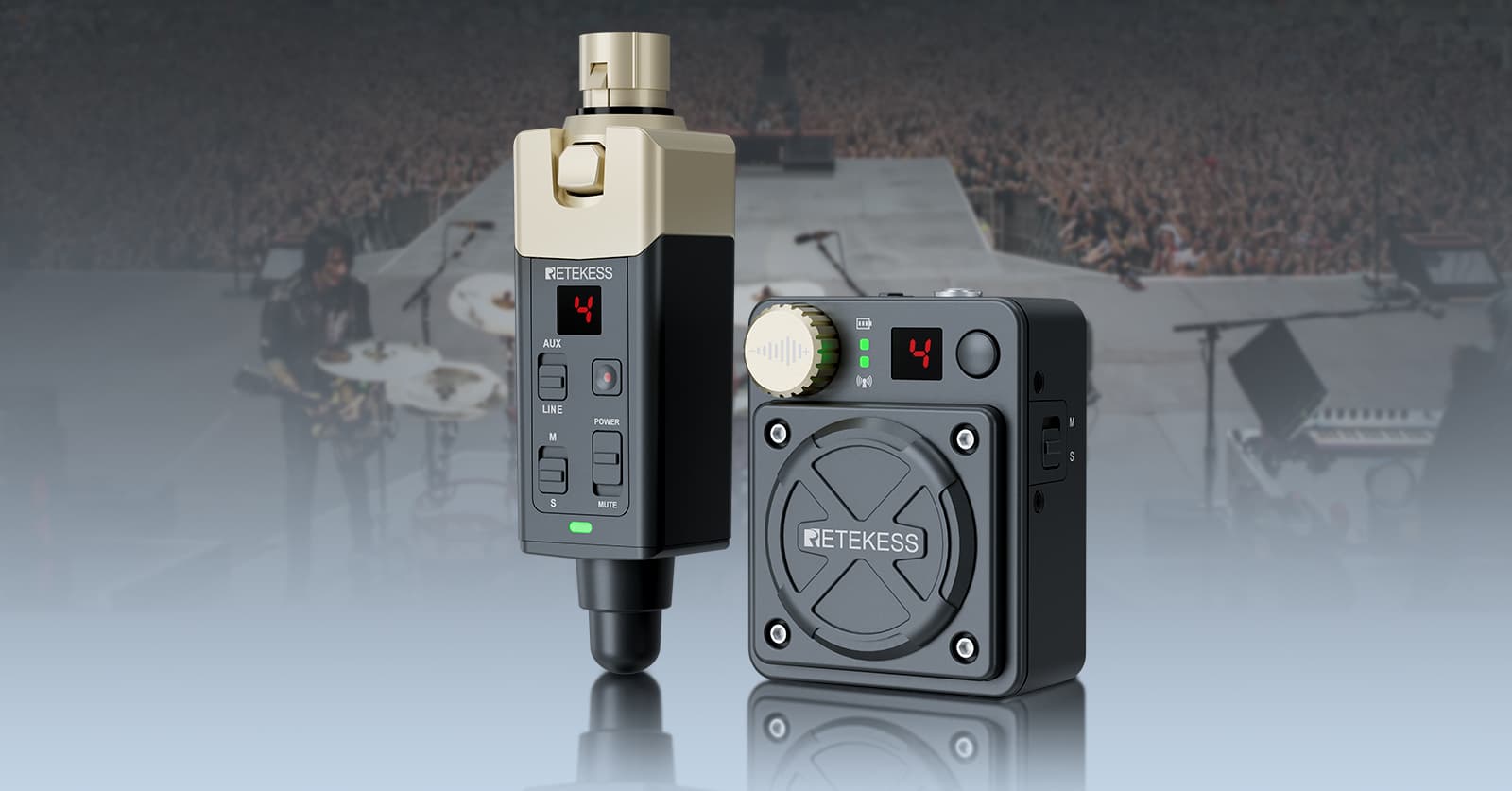Table of Contents

Referee
- Zoe
- Jul 24, 2025
- 0 Comments
The Role and Responsibilities of a Referee in Sports
In every competitive sport, there is one crucial figure whose job is to ensure the game is played fairly, safely, and in accordance with the rules: the referee. While athletes compete to win, referees work diligently to maintain order, uphold the integrity of the game, and ensure the safety of everyone involved. Whether on the field, court, or track, the referee’s role is indispensable in creating a fair playing environment. In this blog, we will dive into the key responsibilities of a referee and explore why they are essential to every sporting event.
Key Responsibilities of a Referee
1. Rule Enforcement
A referee's primary responsibility is to enforce the rules of the game. They must have an in-depth knowledge of the sport's regulations and apply them consistently throughout the match. Referees ensure that both teams or participants understand the rules, and they take immediate action when any player or team violates them.
-
Understanding the rules: A referee must be thoroughly trained and well-versed in the official rulebook for the sport.
-
Consistency: Their decisions should be based on the rules, and they must apply these rules impartially to all players.
By enforcing the rules fairly, referees maintain the integrity of the game and ensure that no one gains an unfair advantage.
2. Decision-Making
Referees are tasked with making quick and decisive calls during gameplay. This includes calling fouls, awarding penalties, and addressing other infractions that occur. Their decisions can directly impact the outcome of the game, which is why referees must be confident in their judgment.
-
Quick decisions: In high-speed sports, referees need to make decisions in a split second.
-
Clarity in judgment: Referees must be clear in their calls, ensuring players and spectators understand why a decision was made.
The ability to make the right call under pressure is a hallmark of a great referee.
3. Game Management
A referee is also responsible for managing the flow of the game. They control the pace of the match, determine when play should stop, and ensure that the game proceeds smoothly. This is especially important in sports that involve frequent stoppages, such as football or basketball.
-
Control stoppages: Referees determine when the game should be paused for fouls, injuries, or timeouts.
-
Ensuring smooth flow: They keep the game moving without unnecessary delays, making the experience enjoyable for both players and spectators.
Effective game management ensures that the sport is played efficiently and within the set time limits.
4. Maintaining Order
Referees must maintain order during the game to prevent any disruptions that could affect the outcome or the experience. This includes managing player behavior, addressing disputes, and ensuring that the game is not marred by aggressive actions or misconduct.
-
Controlling conflict: When tensions rise between players or teams, the referee steps in to calm the situation and maintain a respectful atmosphere.
-
Disciplinary actions: If players step out of line, the referee has the authority to issue yellow or red cards, penalties, or other disciplinary measures.
By maintaining order, referees protect the spirit of fair competition and prevent disruptions that could undermine the game.
5. Safety
Above all, a referee’s priority is the safety of the players. They are responsible for ensuring that the game is conducted in a way that minimizes the risk of injury. Referees monitor the actions of players, watch for dangerous behavior, and intervene if necessary to prevent harm.
-
Player protection: Referees watch for dangerous tackles, excessive force, or unsportsmanlike conduct that could lead to injury.
-
Medical emergencies: In case of injury, referees coordinate with medical personnel and ensure that injured players receive timely attention.
A referee’s role in safeguarding players ensures that the sport remains fun and competitive, without compromising safety.
6. Communication
Effective communication is vital for a referee. They must communicate their decisions clearly to players, coaches, and other officials. Whether through gestures, signals, or verbal cues, referees need to ensure everyone involved understands their rulings.
-
Clear signals: Referees use standardized signals to indicate fouls, penalties, and other decisions, ensuring players and spectators know what has occurred.
-
Verbal communication: In some sports, referees may also need to explain their decisions verbally to players or coaches.
By communicating clearly, referees prevent confusion and maintain transparency in their decision-making.
Referees also use communication devices to convey information, which is clearer and less distracting. For example, referees use the Retekess TT129 three-transmitter communication device to discuss decisions such as penalties or fouls, and then convey them to other referees or coaches, thereby reducing errors or miscommunication. Using the Retekess TT129 system can help them focus on the game itself without worrying about communication tools. With its easy-to-use controls and clear sound quality, referees can quickly share observations, ask for help or request a review without missing any details.
7. Upholding Sportsmanship
Referees play a crucial role in promoting sportsmanship. They help maintain the integrity of the game by encouraging players to respect each other and the rules. A referee’s fair judgment encourages players to compete honestly and with respect.
-
Fostering respect: Through their impartial decisions, referees create an environment where players treat each other with respect.
-
Setting an example: Referees set an example of professionalism and fairness, which helps influence the behavior of players and coaches.
Promoting sportsmanship ensures that the game remains enjoyable for everyone involved.
8. Final Authority
In many sports, the referee’s decision is final. This means that even if players or coaches disagree with a call, the referee’s ruling stands. The referee has the ultimate authority on the field and their decisions must be respected.
-
Decision finality: The referee’s call is binding, and no other official has the power to overturn it.
-
Handling disputes: While referees listen to protests, their final decision is non-negotiable.
This final authority ensures that the game moves forward without unnecessary delays and maintains its competitive integrity.
Conclusion: The Essential Role of Referees
Referees are an essential part of every sporting event. Their decisions, game management, and commitment to fair play make them indispensable in maintaining the integrity and safety of the game. Through their deep knowledge of the rules, their ability to make quick decisions, and their clear communication, referees ensure that the game remains enjoyable and competitive for all participants.
Without referees, sports would lose their structure, fairness, and safety. Whether they are managing a tense moment, making a crucial call, or fostering respect among competitors, referees play a vital role in making every game a fair and exciting experience.





















Comments (0)